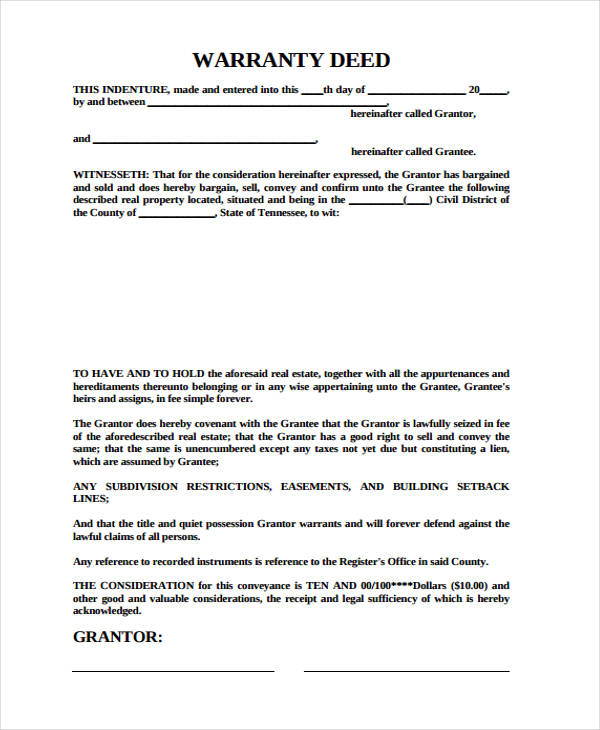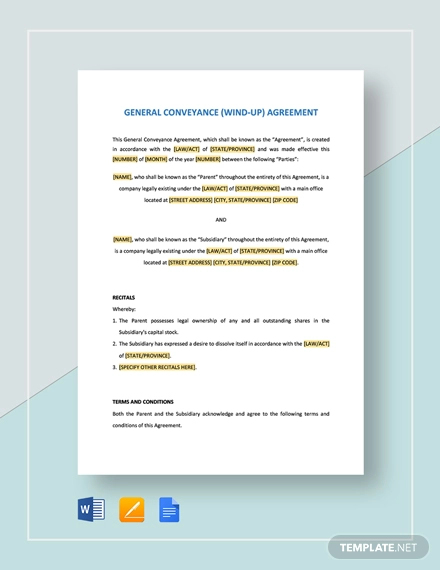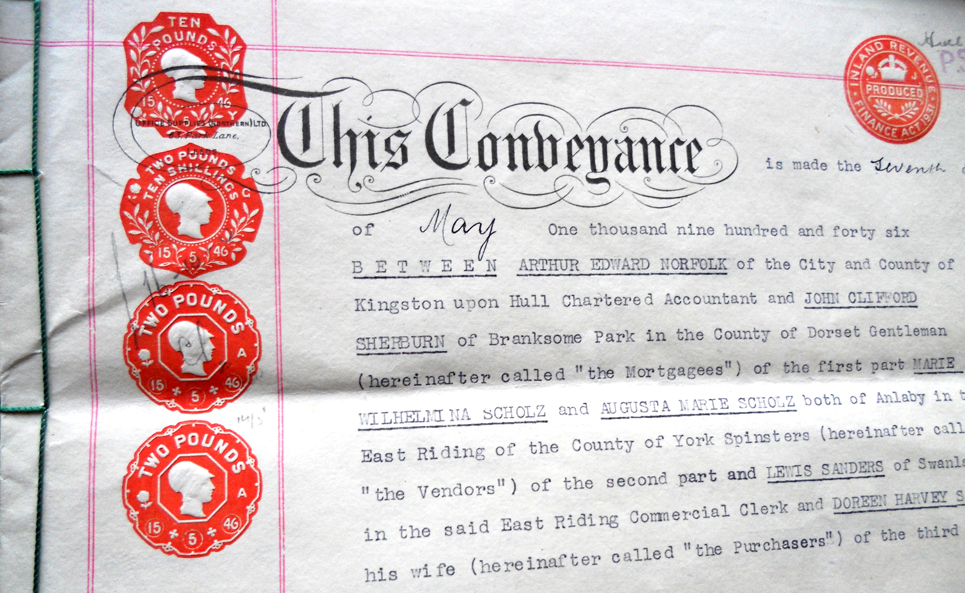


A grantor can do it without a lawyer, and it offers the most protection for the grantee. Notary information and fees paid for registering the deed.Ī general warranty deed can be the most appropriate deed for the private transfer of the deed for property for several reasons.

Any covenants imposed upon the buyer from the seller.Purchase price amount (both written and numerically).Past owners of the property, including their names.Property information, including physical address.Purchaser information such as name, role or occupation, and address.To write a general warranty deed, include the following information as per the state’s laws in the state where the transaction is occurring on the deed forms. This type of deed offers the grantee the most protection when they purchase the property, and the deed holds a guarantee with the title. General Warranty DeedĪlso known as a “statutory warranty deed,” a general warranty deed officiates the transfer of a piece of property from one party to another, like the sale of a house. In California, all deeds of trust must be filed with the County Recorder’s Office and must be signed in the presence of a notary. These types of deeds, such as a house deed, often include a power-of-sale clause which allows the title company to step in a foreclose on the property if the borrower defaults without first obtaining a court order. The trustee may place a lien on the property so that if the borrower defaults on their mortgage or requirements, they will be permitted to foreclose and recoup losses. The deed spells out this agreement and the conditions of non-payment. Unlike other deeds which involve two parties, the grantor and grantee, a deed of trust involves a borrower, a trustee, and a third party: the lender.Īll three parties are indicated on the deed: the borrower is the purchaser of the home, the lender is often a bank or mortgage company, and the trustee is a title company. Property transfers or transfers where businesses and the public interact are also private deeds.Ī deed of trust is a secured legal document relating to the purchase of property or real estate that some states use instead of a mortgage agreement. Private deeds are due to private transactions and are the most common.Official deeds are brought about because of legal or court mandates.Deeds by TypeĪside from the individual types of deeds of which there are four, the actions that bring about the need for the deed can be broadly categorized as official and private. Standing out as more than just a signature, it also features the conditions to which the property will be transferred and is accompanied with taxes that are paid to the clerk upon registering at a Local Registry of Deeds. In states such as Alabama and Kentucky, two witnesses as well as a notary public may be required for signing. Every state has a different set of requirements for the grantor signing the deed before it is recorded. A deed document is a written document that contains all the necessary language and formality to transfer a property from the buyer to the seller, also known as the grantor and grantee, respectively.Ī notary public is often required to be present for signing by local legislation.


 0 kommentar(er)
0 kommentar(er)
